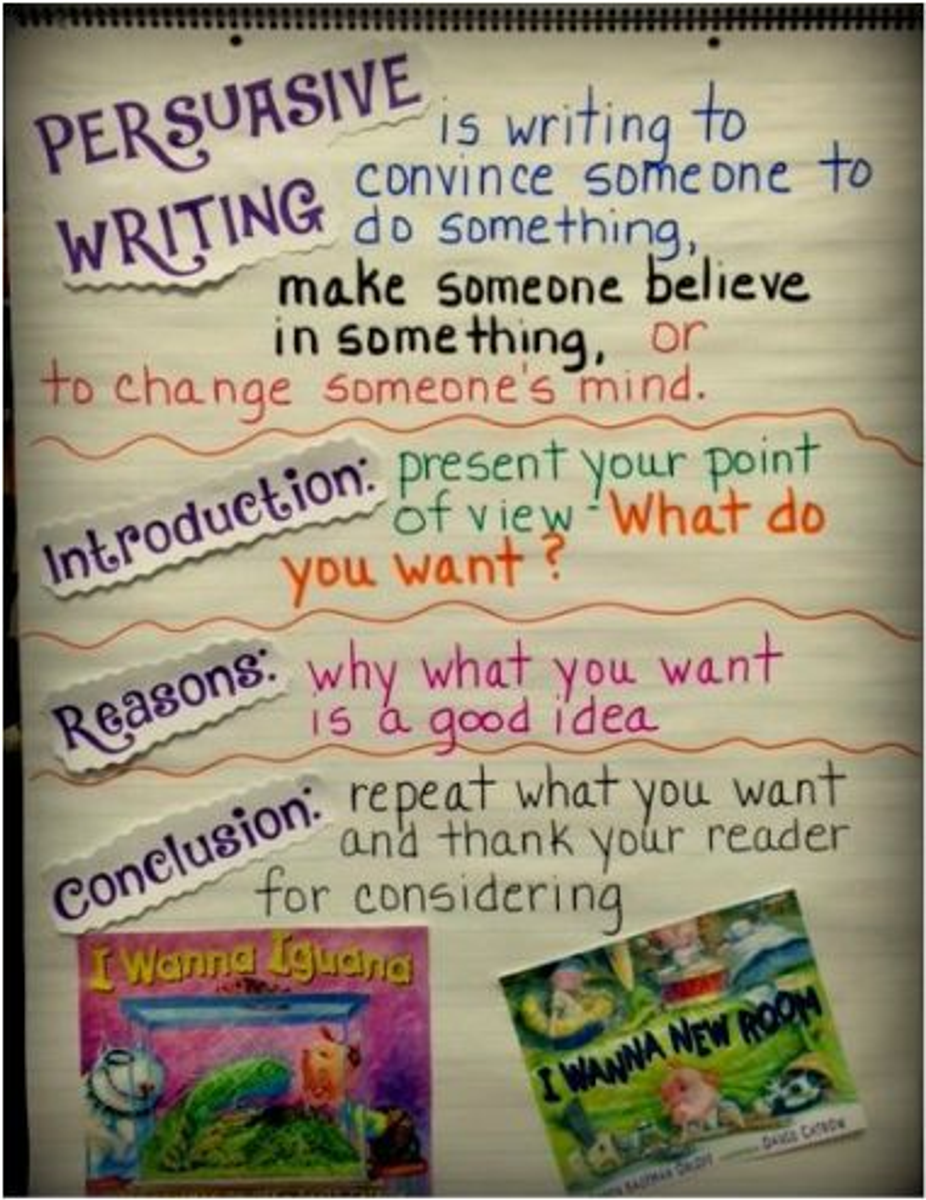Apollo Community.

Term 4 - November Newsletter Apollo 2023
We would like to say a big welcome to Kiri who has joined the Apollo community.
The Apollo teachers and students have started off the term extremely well and we are very excited for our learning on the Showcase of student learning celebration from 2.30-4.00pm on 6/12/23 where the students will share their learning with the community. We look forward to celebrating all our successes, achievements, and learnings with you on Wednesday 6th December.
Reading
This term we have been focusing on further developing students' reading comprehension. Understanding what students read is a fundamental and valuable approach to the Apollo team in developing activities at their point of need. Reading comprehension is essential for extracting meaning from texts and is a skill that spans across various academic subjects and real-life scenarios.
By further developing students’ knowledge of identifying the features of a text exploring fiction and nonfiction has allowed students to discover information of real-life people and the world around them and by building this knowledge is the key to students’ academic success. Nonfiction texts present information in engaging and interesting ways. By students learning how to navigate all the parts of a nonfiction text will enhance and stimulate development of background knowledge, vocabulary, and comprehension skills.
Furthermore, students have been practising their fluency to enhance their speed, accuracy, and expression. Fluency is defined as the ability to read with accuracy, good speed, and expression. To understand what they read, students must be read fluently whether they are reading aloud or silently. When reading aloud, fluent readers read in phrases and add intonation appropriately. Their reading is smooth and has expression.
Comprehension is the understanding and interpretation of what is read. Firstly, students need to be decoded what they read and make connections between what they read and what they already know and to think deeply about they have read
We have developed a curriculum around questioning, writer’s craft, monitoring and self-correction and summarising. Students have focused on questioning before, during and after reading a text. Asking questions helps students to make sense of what is happening while they read. Secondly, a writer's craft in reading involves the words the writer chooses, as well as the way those words are put together in phrases and sentences. A child who is automatically solving words and monitoring his comprehension might realize it and pause to reread or search for more information. He might also search his background knowledge, make connections, and, by comparing present knowledge to new learning, synthesize new ideas.
Readers are continually encountering new information and ideas from texts. It is important for them to incorporate new information they gain from the text with what they already understand and know. Incorporating this new knowledge with their existing knowledge helps readers think deeper, understand more perspectives, and gain understanding of experiences that they cannot directly experience.
Students go beyond what they have learned, understood, applied, and analysed to create a product or develop a new method. Building, developing, formulating, and inventing plans and ideas are all part of the process. Synthesising takes the process of summarising one step further. Instead of just restating the important points from the text, synthesising involves combining ideas and allowing an evolving understanding of text.
Remembering that developing reading skill is a gradual process, and students may benefit from ongoing support and varied teacher instructions. By emphasizing understanding in reading, you have a strong foundation for students to become proficient and enthusiastic readers.
Writing
Persuasive writing
In writing, students have been focusing on persuasive texts, analysing the purpose, structure and features. While exploring persuasive essays, students identified that a persuasive text must include three reasons to support the writer’s opinion, as well as evidence to further develop the reasons. Using the topic ‘Should every school have a therapy dog’, students brainstormed reasons of ‘for’ and ‘against’, which they then used to choose an opinion and persuade their readers with three reasons and strong supporting evidence.
Students learnt the purpose of a topic sentence and how it helps the reader to identify the main idea of the paragraph. Students used the hamburger model to assist them in structuring their paragraph. The hamburger model includes a topic sentence, three details and a concluding sentence, enabling students to develop a concise paragraph of four to five sentences. Modal verbs were also a major focus when learning about how to write a persuasive text. A modal verb is a verb, such as can, could, shall, should, ought to, will, or would, that is usually used with another verb to express ideas such as possibility, necessity, and permission.
Maths
Money and Decimals
This term, we have been focusing on the value of money and exploring various ways to make different amounts. Students demonstrated their knowledge through solving worded problems, such as showing different ways to make $2 and $5; adding various values and then finding the change from a certain amount and using the least amount of coins to make a certain amount. Students made the connection between money and decimals and used their knowledge of place value to add amounts with dollars and cents such as $1.75 + $4.75.
Volume
Following the unit of money, students used concrete materials such as unifix blocks to find the volume of objects that are the shape of a cube or rectangular prism. Students then extended their knowledge by using the formula of L x W x H to find the volume of particular 3D shapes such as cubes and rectangular prisms. Students enjoyed finding objects around that classroom that had various volumes and making the connection between finding the volume using the unifix blocks and using the formula.
Inquiry
Active Citizen in our Community
In inquiry, students have continued to investigate what it means to be an active citizen in our community. They have explored the difference between a rule and a law, explaining the difference with examples and relating it to their own personal life. Rules are sets of orders or routines which are used to control actions or behaviour in a certain place or activity. Laws are a set of rules designed to keep people and places safe and ordered. Students explored the creators of rules and laws and identified who enforces a rule and who enforces a law. Using their understanding and knowledge of rules and laws and what it means to be a contributor to our community, students explored how decisions are made democratically. To understand how decisions are made democratically, students watched videos about the meaning of democracy, the importance of voting and the rights and responsibilities of citizens in democratic countries.
Reminders:
- Please ensure your child is attending school regularly and on time as it is not okay to be away.
- Please ensure your child is reading their home reader for 20 minutes every night.
- We strongly encourage parents to bring along brain food (fruit and vegetables) that they may eat in class. It is important that there are additional snacks in their lunchbox.
- Please ensure your child has a wide brimmed hat and that this is labelled with their name to wear outside this season.


















